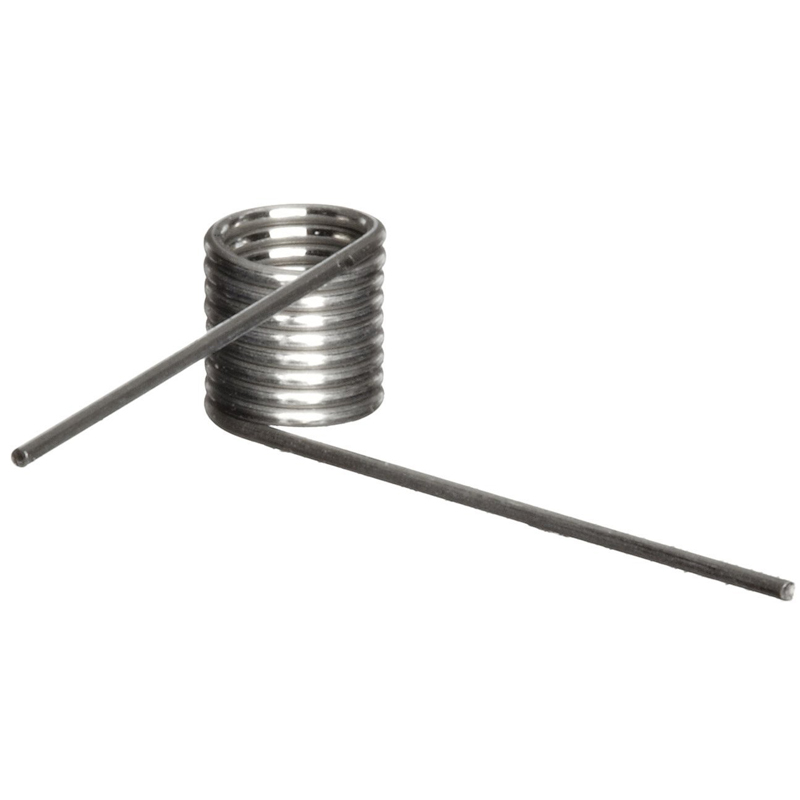
- Mobile Phone
- +8613931874955
- sales@cntcmetal.com
Field fencing cost estimation based on price per foot for budget planning and fencing solutions
The Cost of Field Fence Understanding Price Per Foot
When it comes to fencing agricultural fields or residential lawns, one of the primary considerations is the cost of materials. The price of field fence per foot can vary significantly based on several factors, including the type of fencing material, height, gauge, and the specific purpose of the fence. Understanding these factors can help homeowners, farmers, and ranchers make informed decisions about their fencing needs.
Types of Field Fencing
Field fencing is generally categorized into several types, such as barbed wire, woven wire, electric, and high-tensile fencing. Each type serves different purposes and comes with its own price points.
1. Barbed Wire This is one of the most economical fencing options available. Barbed wire fences are effective for keeping livestock contained and are often used in cattle ranching. The price is typically around $0.10 to $0.30 per foot, making it an affordable choice for larger areas.
2. Woven Wire This type of fence is more robust and is better suited for containing smaller animals like sheep or goats. Woven wire is usually priced between $0.50 and $2.00 per foot, depending on the height and gauge. While it's more expensive than barbed wire, its durability and effectiveness make it a worthy investment for certain applications.
3. Electric Fencing This option serves both as a deterrent and a containment solution. Electric fencing can be more costly, averaging around $0.50 to $1.50 per foot, not including the cost of the charger. It is particularly useful for properties with animals that might require an extra level of security.
4. High-Tensile Fencing This is a more modern option and is increasingly becoming popular due to its strength and longevity. High-tensile fencing can range from $0.30 to $1.00 per foot, depending on the specific materials and installation methods used. Its durability makes it a long-term investment for many landowners.
field fence price per foot

Factors Influencing Price
Various elements can influence the price per foot of field fencing, including
- Material The type of material used in the fence (e.g., galvanized steel, welded wire, plastic) significantly affects pricing. Steel options tend to be more durable and, therefore, more expensive.
- Height and Gauge Taller fences with thicker gauge wires not only require more material but also increase overall costs. A standard field fence height tends to be 4 to 6 feet tall.
- Installation Costs While it might be tempting to undertake a DIY approach, professional installation can lead to higher initial costs. However, proper installation is crucial for ensuring the longevity and effectiveness of the fence.
- Geographic Location Prices can vary by region due to local availability of materials, labor costs, and market demand. In some areas, specific types of fencing may be more common, influencing overall pricing.
Conclusion
When planning to install a field fence, understanding the price per foot is essential for budgeting appropriately. Prices can vary widely based on the type of fencing chosen, material quality, and additional factors such as installation and height requirements. By thoroughly researching options and considering both upfront and long-term costs, landowners can make the best decision for their fencing needs while ensuring the safety and security of their property. Investing in the right field fence not only provides physical boundaries but also contributes to the overall functionality and aesthetic of any land.
share:
-
Your Source for Concrete Wall Ties and Masonry AccessoriesNewsJul.10,2025
-
Unlocking the Power of Iron Wire for Every ProjectNewsJul.10,2025
-
Explore Advanced Chain Wire and Stainless Steel Mesh FencingNewsJul.10,2025
-
Discover the Benefits of Annealed Wire ProductsNewsJul.10,2025
-
Discover China Stainless Steel Wire Mesh SolutionsNewsJul.10,2025
-
Build with Confidence Using High-Performance Masonry AccessoriesNewsJul.10,2025
-
Why Sacrificial Formwork Is Redefining Underground ConstructionNewsJun.06,2025



















